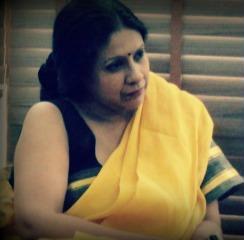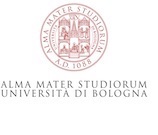PRATHAMA BANERJEE
|
 |
|
This discussion seeks to reopen the very concept of the political as we understand it today – by bringing to bear upon it histories from the global south, particularly south Asia. It questions the assumption that politics – unlike society or culture – has come to assume a universal form globally, after colonialism. All peoples in all places talk the same language – of democracy, rights, sovereignty and so on. The political – even if difficult to define once and for all – is thus easily recognized and apprehended, across different geographical sites and different idioms of expression. I would however argue to the contrary. I would say that, if anything, it is the concept of the political that stands most unsettled today – given that ideological, sociological and indeed normative parameters no longer seem to adequately guarantee political understanding. In order to reinvent our political compass, therefore, I believe we need to place diverse histories and counter-histories of the political, right in the face of mainstream political theory – and restart with the basics. The thread connecting the three lectures is the question of political ‘form’. The state, the party, the people, the nation, the globe and more obviously, democracy, sovereignty, social movement etc are usefully thought of as diverse historical forms assumed by the political, rather than as entities or ideas available to us to either follow or resist. The form question allows us a certain imaginative, perhaps even artistic, leeway in rethinking what it means to do or think politics today. Lecture 1. Is Sovereignty a Universal Concept? Lecture 2. Rethinking the ‘Social’ in Social Movements Lecture 3. What Moves? Who or What is a Political Subject Prathama Banerjee is a historian at the Centre for Study of Developing Societies (CSDS), Delhi. She is the author of The Politics of Time: ‘primitives’ and history-writing in a colonial society. She currently works on histories of the political in colonial and immediately postcolonial Bengal, India and has published segments of her ongoing work as ‘Chanakya/Kautilya: history, philosophy and theatre in colonial Bengal’, Journal of the History of the Present, 2(1), 2012; ‘Between the political and the non-political: the Vivekananda moment and a critique of the social in colonial Bengal’, Social History, 39(3), 2014; ‘The Subaltern: Political Subject or Protagonist of History’, South Asia, 38(1), March 2015. She is also interested in literature, political philosophy and postcolonial theory. |



